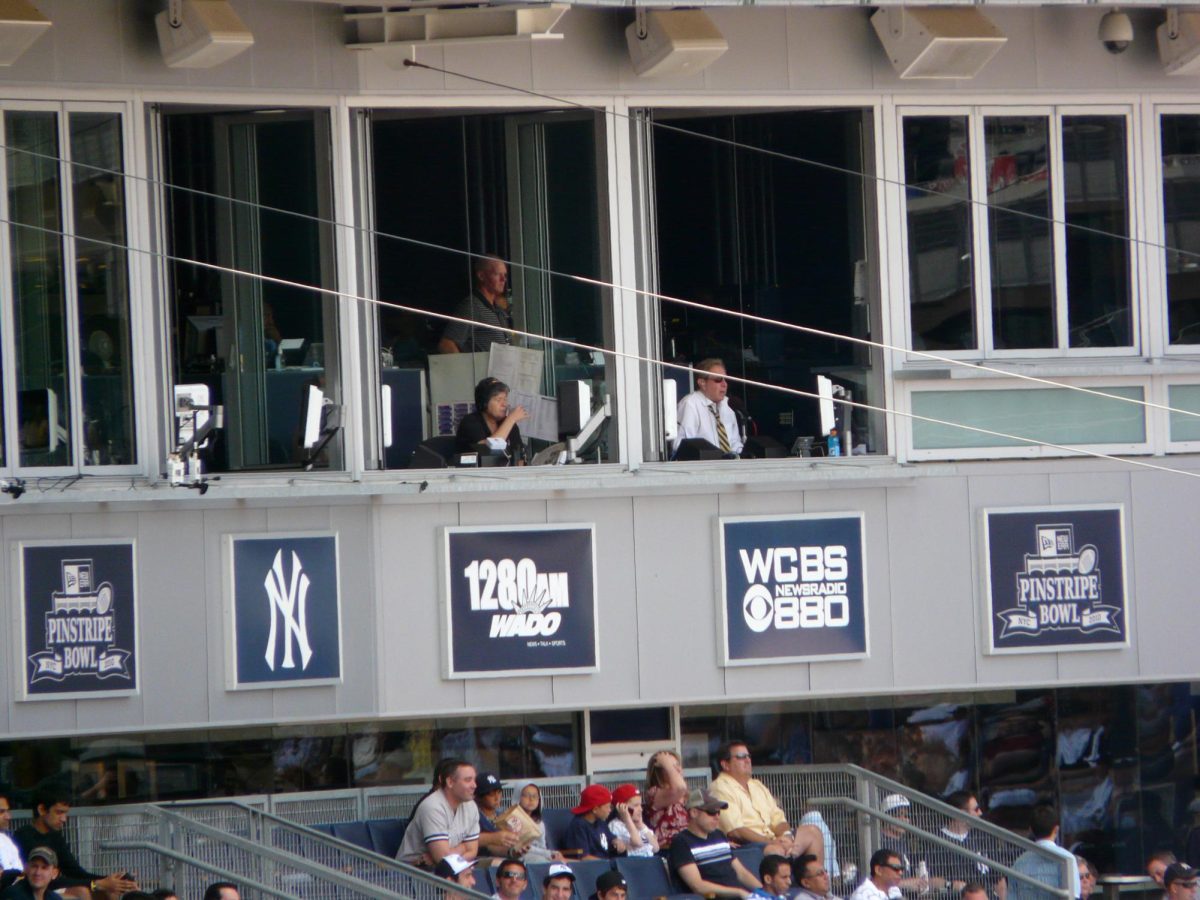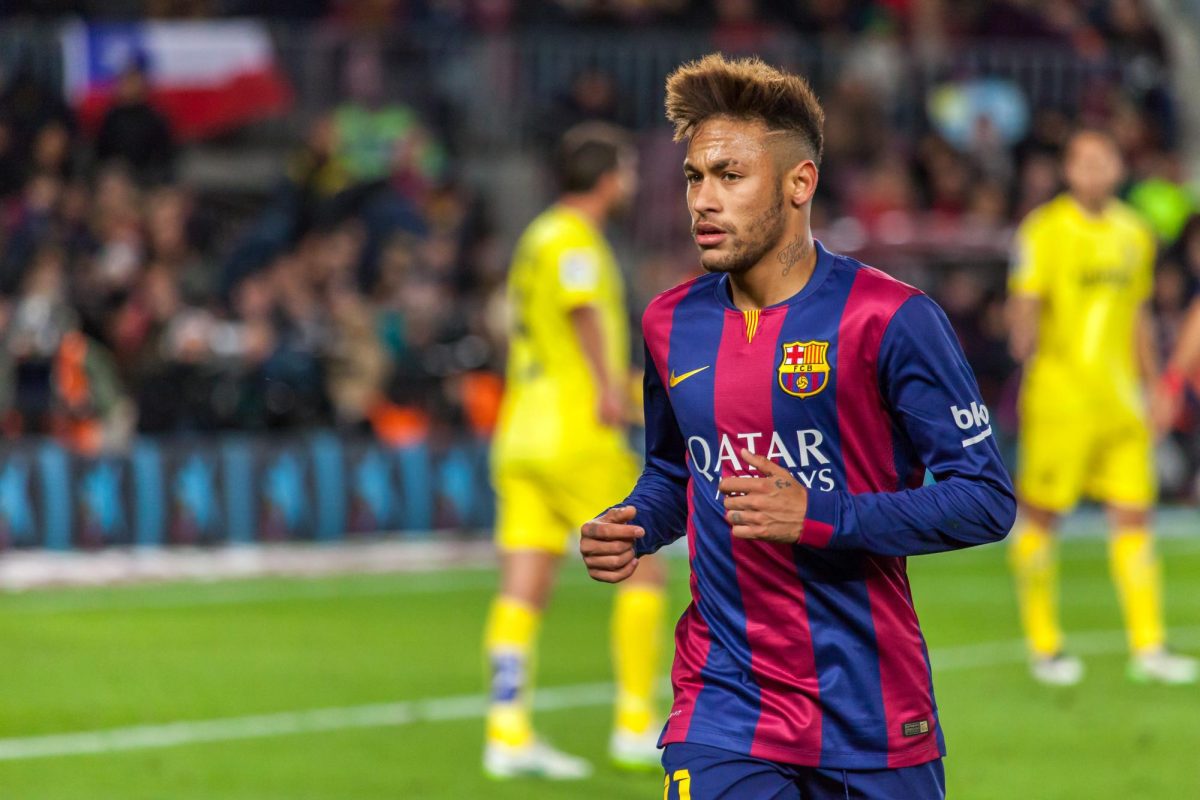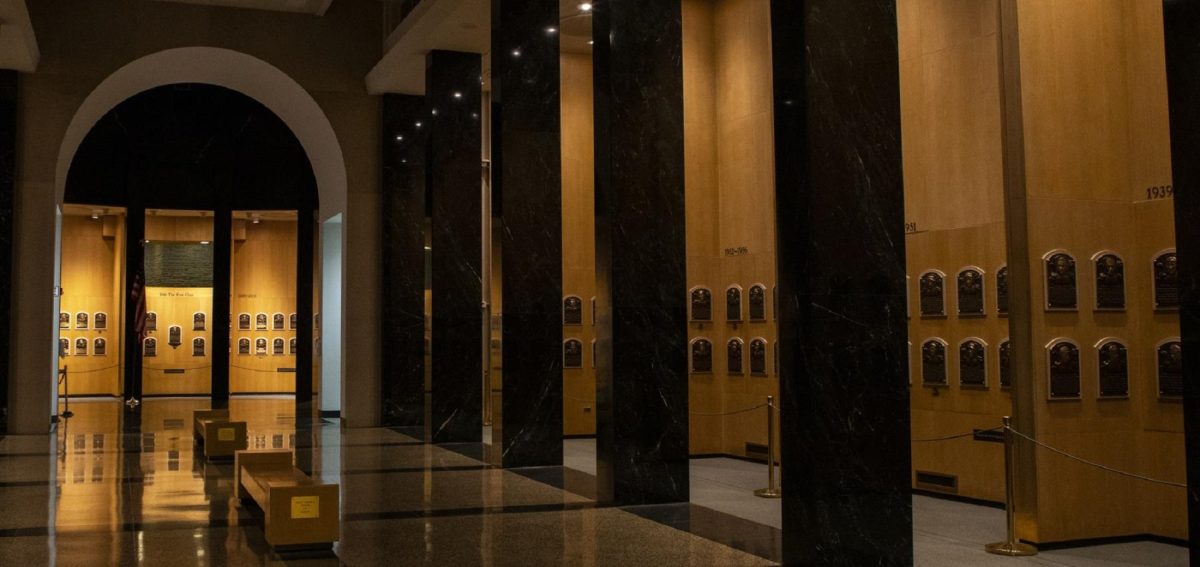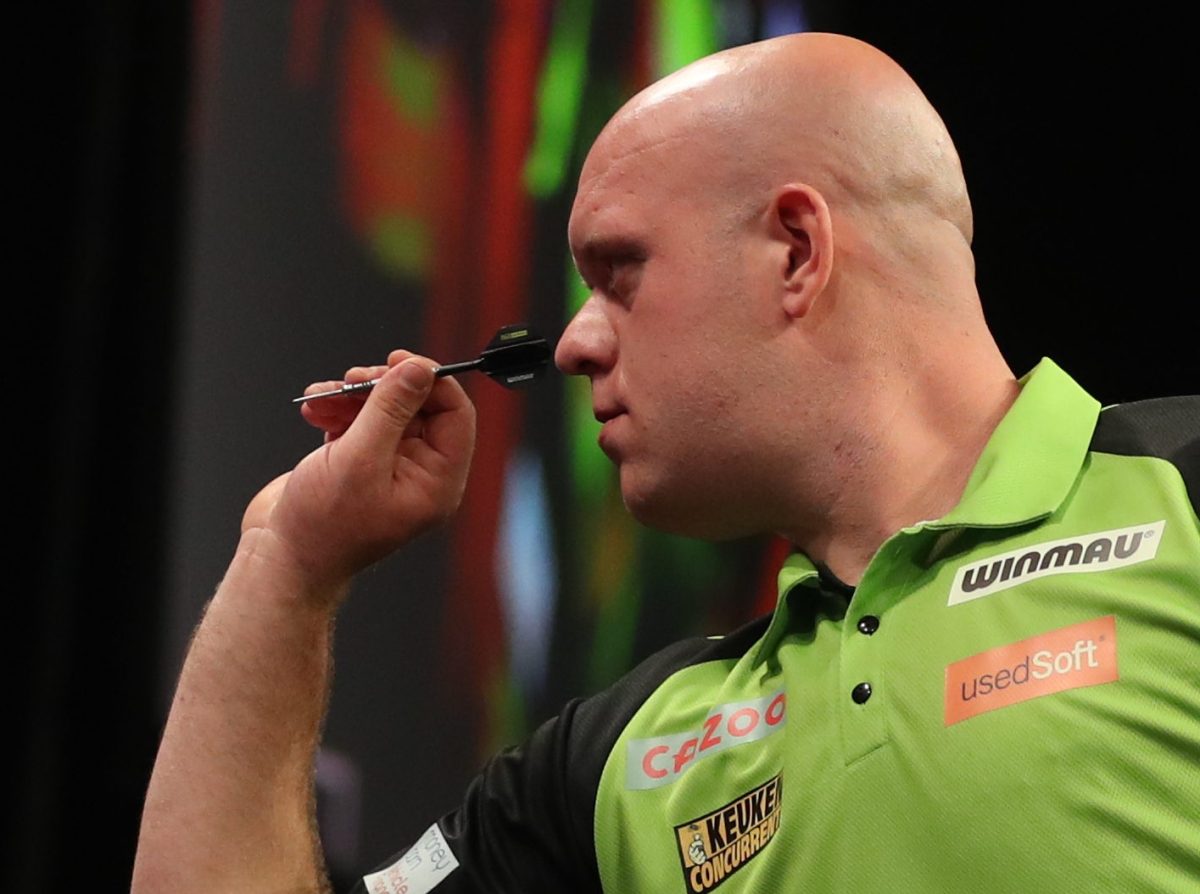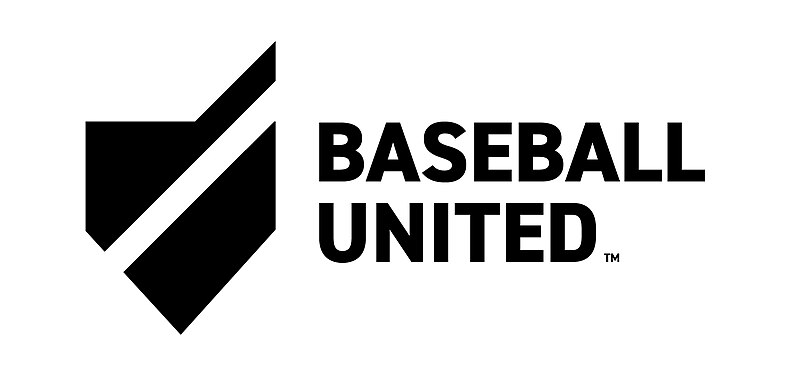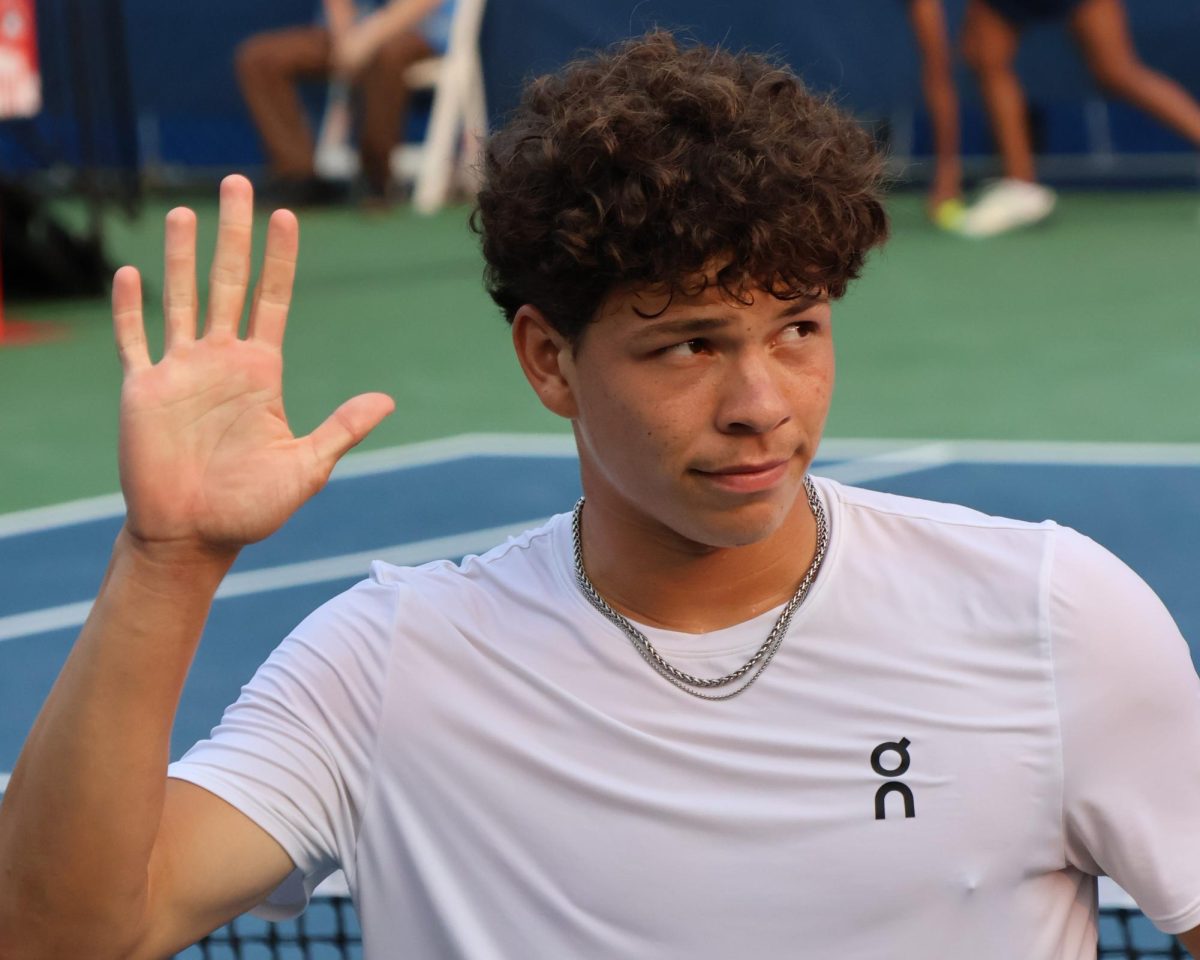As another Labor Day passes, another football season begins and another MLB playoff race takes shape, the stark labor disparities in sports should be worth noting. All four of the major sports can see careers end instantaneously, but not all athletes would be guaranteed of the same post-career benefits. As usual, the NFL stands on its own in terms of moral ineptitude and surely has the farthest to go in insuring better current and long-term care for its players, while America’s pastime, baseball, actually seems stuck in a different age when organized labor was strong and workers were taken care of.
To become less like the NFL and more like baseball, there are several things players associations should lobby for and structural changes that owners must endure. First, salary caps must be removed. In today’s sports age, equating money with championships is far too simplistic. For example, in baseball, the correlation between a team’s payroll and its record has been falling for the last decade. With the recent massive emphasis on data analytics in all sports, teams are better able to find value and extract more production without having to overpay a major star. Baseball is somewhat unique in that no one player has an astronomical effect over the course of 162 games, so while a Bryce Harper or Zack Greinke may be baseball’s version of a LeBron James or Kevin Durant, they simply don’t have same effect because of the nature of the game.
Of all the leagues, the NBA has the most justification to use a salary cap because of the massive effect that one person can have on a game. However, from a league standpoint, letting players float freely probably would not change the dynamics of the league all that much. It is far more likely that a super-team like the Big Three Miami Heat team forms with a salary cap than in a free system, because in a free market the owners would actually have to pay market value for said players, which would greatly reduce the profitability of the team because of revenue sharing requirements. An owner simply wouldn’t cough up the money for a LeBron James and Kevin Durant, because they would have to pay the full salaried costs of those players but split the benefits with the league’s 29 other owners.
Players would also be reluctant to compete with other star players in the same town for endorsements and other ventures. When New York or Los Angeles gets too crowded, a player is more incentivized to go elsewhere with less competition so they can become the face of that city.
Players have also shown willingness to forego money in the pursuit of a championship. Tim Duncan regularly takes less money than he could get on an open market because of his loyalty to San Antonio and his desire to see the organization invest in other players to produce the ultimate goal: a sixth championship. It seems odd that the players who make these decisions are praised by fans and the media, but then vilified if they try to earn their actual market value, which happens to be above an arbitrary limit set by the salary cap.
While it might be nice for the NBA to rid itself of a salary cap, it should be applauded for granting a basic right to its players: guaranteed contracts. Whenever fans hear about contracts in the NBA, the only figure you hear, taking John Wall’s five-year, $85 million contract as an example, is guaranteed money. If Wall suffers a major injury, or Washington decides to part ways with him, he is still owed every cent of that money. In the NFL, this is not the case; a player is only guaranteed the full value of his contract if he plays that contract out in full. While many contracts do offer guaranteed money, there are still sizeable portions of many contracts that are not guaranteed. This is concerning when more players than ever are being exposed to career and life-threatening injuries while the league simultaneously rakes in record amounts of revenue, even compared to its rival leagues.
Both removing salary caps and guaranteeing contracts would also force accountability at executive decision-making levels. Teams who bet big on certain players and lose would either suffer financially by cutting the player and essentially paying him not to play, or be forced to eat the sunk cost and find a way to extract some sort of value. However, such a process would also allow everyone involved in sports to more closely track executives and hold them accountable for their decisions.
There are still many more labor changes and working conditions that NFL players should probably demand, especially when it comes to post-retirement health care and current head safety issues, but guaranteeing players the right to receive their full market value is the least a league with over $12 billion in annual revenue can do.
Michael Ippolito is a junior in the College. The Water Cooler appears every Friday.









